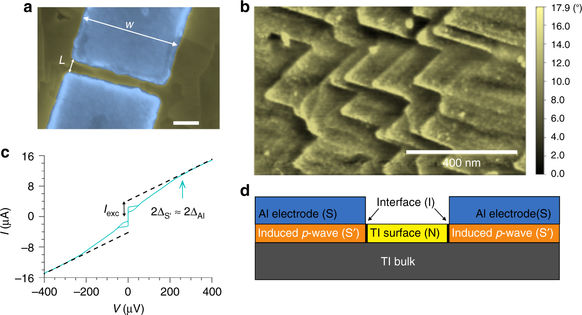Phosphorous atoms could serve as biochemical qubits for quantum computing in the human brain
Researcher Matthew Fisher is leading the $1.2 million QuBrain project to see if the human brain utilizes any quantum computing. Fisher asserts that nuclear spins (at the core of the atom, rather than the surrounding electrons) could provide quantum computing in the human brain. “Extremely well-isolated nuclear spins can store — and perhaps process — …










